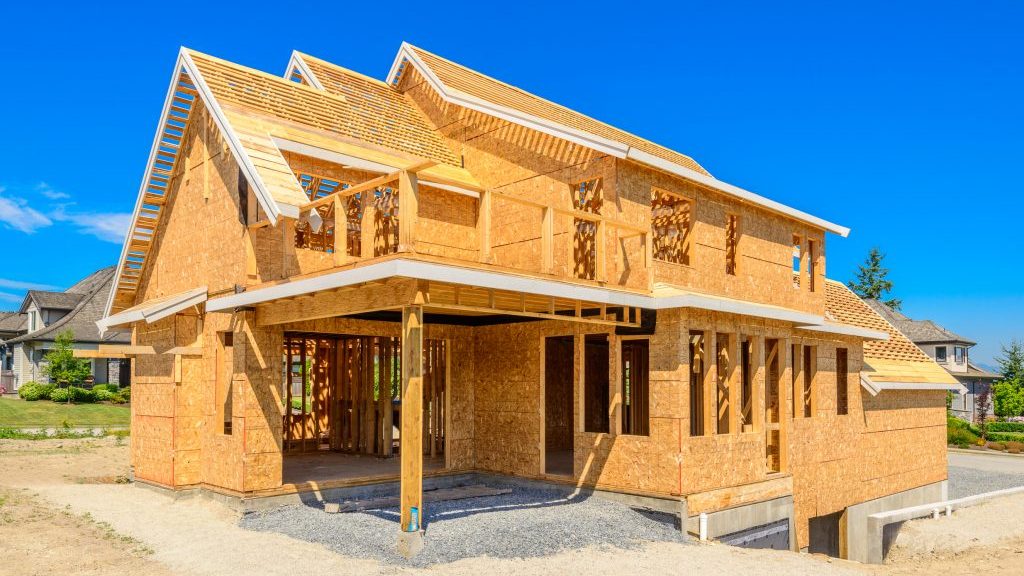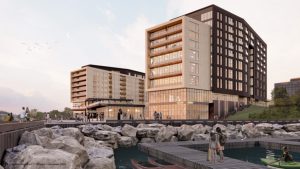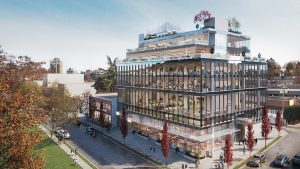Vancouver is looking to clear long-standing bottlenecks in its building pipeline.
The city recently initiated a new “fast lane” pilot program for experienced homebuilders to reduce permit wait times from 28 to 38 weeks to six to eight weeks.
The Applicant Supported and Assisted Process (ASAP) is meant to expedite single family and laneway homes, and the first phase of the project will include 20 to 30 projects to test new ideas which, if successful, could be introduced into the regular permitting process.
“It’s one of the many initiatives we’re pursuing to speed up permit times and enable housing supply,” said City of Vancouver general manager for development, buildings and licensing Kaye Krishna.
The delay in permit approval was due to several factors, Krishna said.
“There are a number of bylaws that have come online over time, and for those who don’t build a lot of low density housing, there was general confusion in the market on the industry side as to what all the rules were,” she said.
“People would submit applications that were either incomplete or didn’t fit the rules.”
Greater Vancouver Home Builders’ Association (GVHBA) CEO Robert de Wit said the permitting delays were caused by a “perfect storm.”
“There were succession issues at the city with staff retirements and a change of building bylaws which caused a learning curve for both builders and inspectors. It also caused a backlog as people got their applications in,” de Wit said.
The city also changed locations and computer systems, he said, and the demand for housing increased as the economy improved.
What we’re trying to do is be adaptive and test new ideas in a way that’s manageable
— Kaye Krishna
City of Vancouver
One of the major pain points, de Wit stated, was a system with multiple points of contact for various departments, which caused delays when processing permits.
“The city will now have a dedicated point of contact that will stick handle applications through all the departments. It’s the hand off that takes a lot of the time involved,” he said.
The number of teams builders will have to deal with has been reduced, Krishna confirmed.
“It creates some predictability when dealing with the city,” she said.
The pilot process requires work at the pre-application stage for landscaping, in order to avoid redesigns in the middle of a project, and demolition, development and building permits are all submitted together, where previously this was not the case.
The city, she added, worked with a group of experienced designers and builders with a record of working with the city.
“Vancouver has different bylaws than other municipalities in B.C. and we needed people with experience in doing that work. We also needed people who could act as a single point of contact for a project and could be responsible for the end to end process,” Krishna said.
“What we’re trying to do is be adaptive and test new ideas in a way that’s manageable.”
De Wit said he would like to see the city initiate further changes.
“One of the fundamental issues with any city in B.C. is perception of risk the city has when it considers an application from a builder. The city mitigates risk by requiring professionals to overlook the work, but they still scrutinize it with their own inspectors,” he said.
“That’s a duplication of effort that doesn’t need to happen. We believe the risk is far less than the city perceives, and they’re trying to work to zero risk, which is not a reasonable business practice.”
But de Wit expressed optimism that the city is moving forward with the pilot program and tackling the issue of permit delays.
“When you’re operating in an environment with limited resources, you have to make changes, so this is good news for everybody,” de Wit said.











Recent Comments
comments for this post are closed